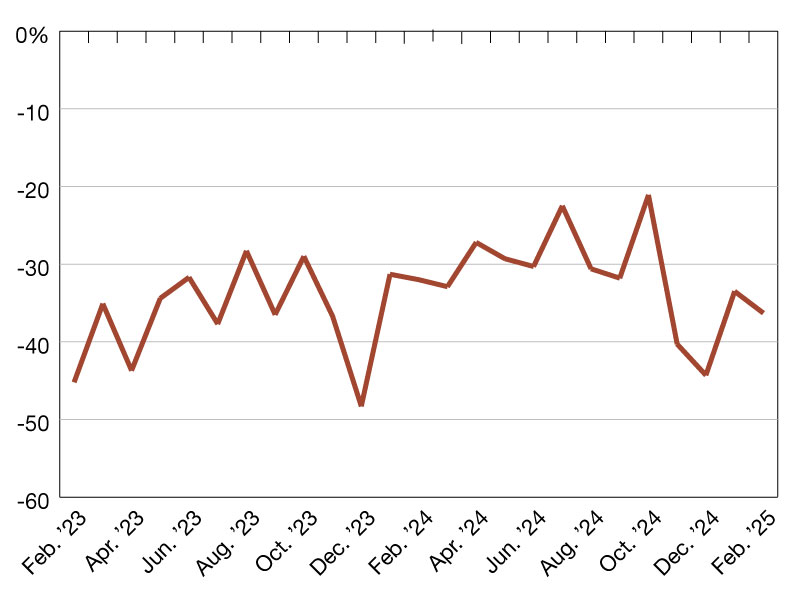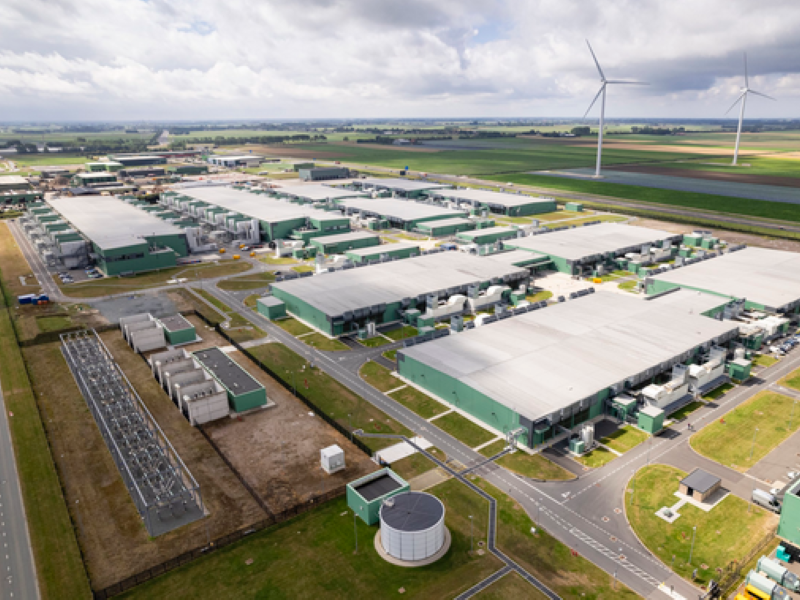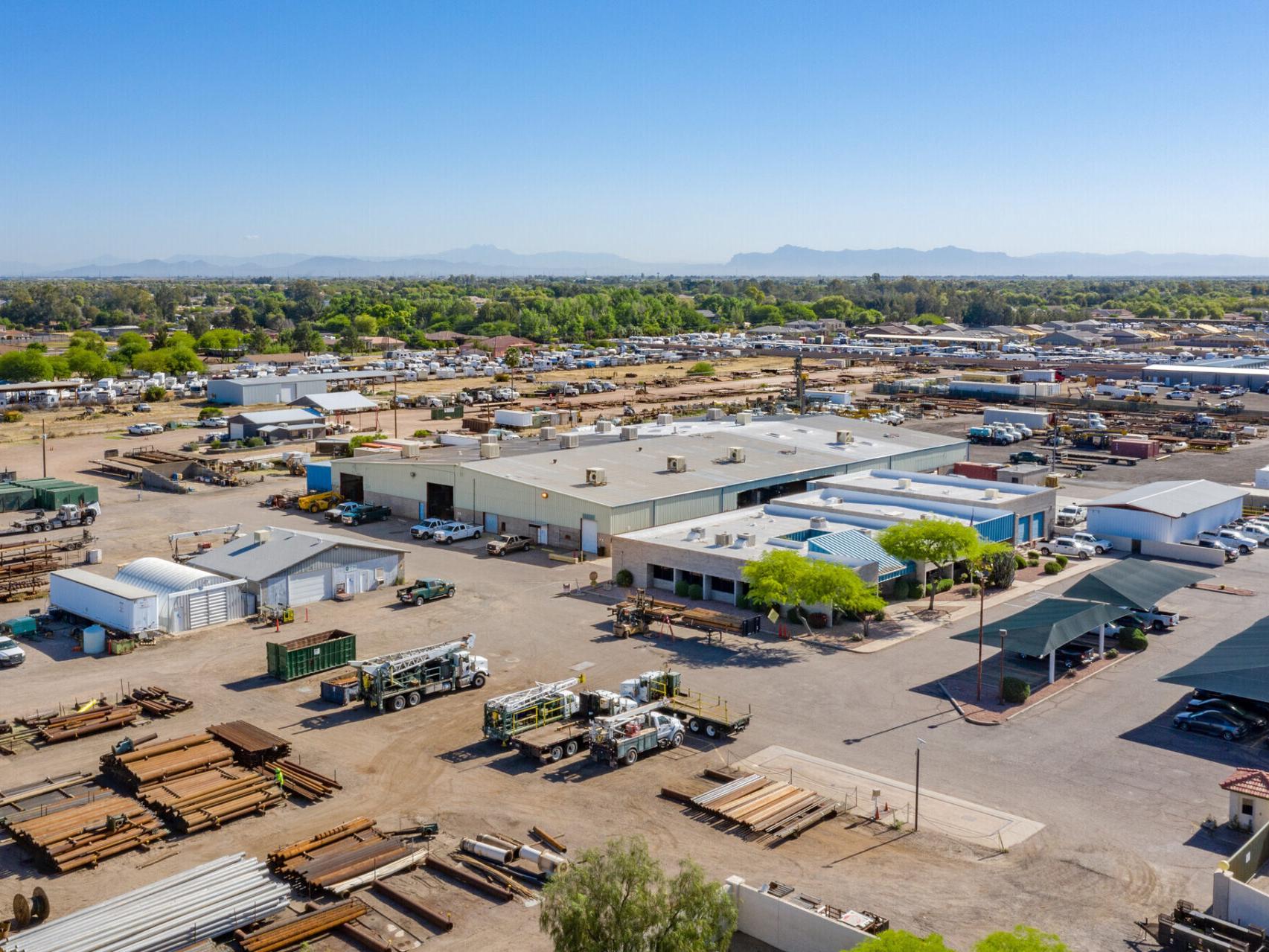Net Lease Dollar Store Investors Pile Into Larger Markets
Single-tenant stores of this variety command premium pricing in more populated areas due to their stronger real estate fundamentals and greater backfill potential, according to Randy Blankstein of The Boulder Group.

Randy Blankstein Image courtesy of Randy Blankstein
Cap rates within the single tenant net lease dollar store sector remained unchanged at a 7.1% cap rate, when comparing the second quarter of 2018 to the second quarter of 2019.
The dollar store sector is defined as free-standing Dollar General, Dollar Tree and Family Dollar properties for the purpose of this report as these tenants represent the largest presence within the sector. Cap rates for Dollar General were constant at 7.05 percent. Family Dollar cap rates decreased by 6 basis points to 7.25 percent and Dollar Tree cap rates increased by 8 basis points to 7.10 percent.
Single tenant net lease dollar stores continue to be in demand with private and 1031 exchange buyers. These assets offer investors long-term leases to investment-grade tenants at investment yields above the net lease retail sector average (6.23 percent). In the second quarter of 2019, dollar store properties were priced at an 87 basis point discount to the net lease retail market due to their typical locations in tertiary markets. The cumulative expansion plans of each tenant continue to create a market with a constant supply of new construction assets. In 2019, Dollar General plans to open approximately 1,000 locations and the dollar store sector plans to open upwards of 24,000 locations in the future.
While many investors view properties within the dollar store sector as interchangeable, there is a portion of the sector that is in greater demand. Dollar stores in more populated markets demand premium pricing due to their stronger real estate fundamentals and greater backfill potential. In the second quarter of 2019, Dollar General properties with population totals in excess of 35,000 within five miles comprised only 20 percent of the Dollar General supply on the market. These properties commanded a 6.5 percent cap rate, which represented a 55 basis point premium over all other Dollar General properties.
The net lease dollar store sector will remain active as investors are attracted to the higher yields this asset class generates when compared to other net lease sectors with low absolute price points. With a recent rate cut from the Federal Reserve and an additional cut expected in 2019, financing becomes more attractive for this asset class. With a strong development pipeline due to dollar store expansion plans, supply will remain saturated with long-term leased properties. The expectation is that there will be increasing demand for this asset class within larger markets. New construction assets will also be in demand as investors look to take advantage of the full lease term for cash flow.
Randy Blankstein is president of net lease advisory firm The Boulder Group.







You must be logged in to post a comment.